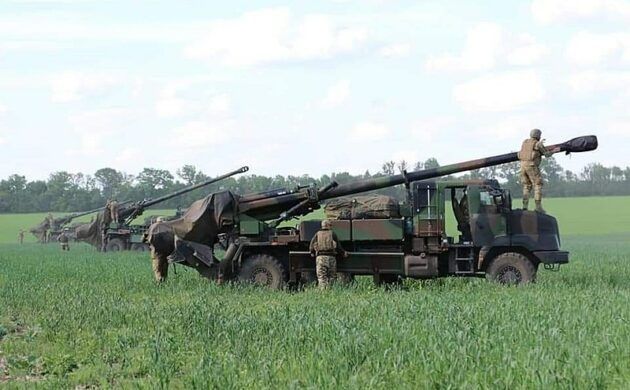With 19 brand-spanking new Caesar howitzers earmarked for Denmark due to roll off the assembly line, quite the conundrum has emerged.
For months the Ukrainian government has requested Denmark dispatch the long-range artillery to help them in their defence of Russia’s invasion.
The problem, however, is that the military hardware was scheduled to be part of Denmark’s contributions to NATO.
“And that’s the dilemma. On one side, we must build up our defence – as we have promised NATO. We must reach 2 percent and provide a battle-ready brigade, so we need those weapons systems,” foreign minister Lars Løkke Rasmussen, said according Avisendanmark.dk.
READ ALSO: Denmark donates 300 million kroner to Ukraine arms fund
Delayed for years
Rasmussen went on to say that the howitzers would be more of a help in Ukraine, as things stand.
Last week Parliament approved a new deal that will send 300 million kroner to a fund that helps finance military equipment to support Ukraine in its war with Russia.
Days earlier, Ukrainian president Volodymyr Zelenskyy appealed to Denmark to swiftly dispatch the promised Caesar howitzer systems to Ukraine.
The truck-mounted howitzers, which can hit targets up to 40km away, are still in France where they are produced.
Most of the howitzers (15) were originally scheduled to arrive in Denmark in 2020, with an additional four arriving in 2023.















